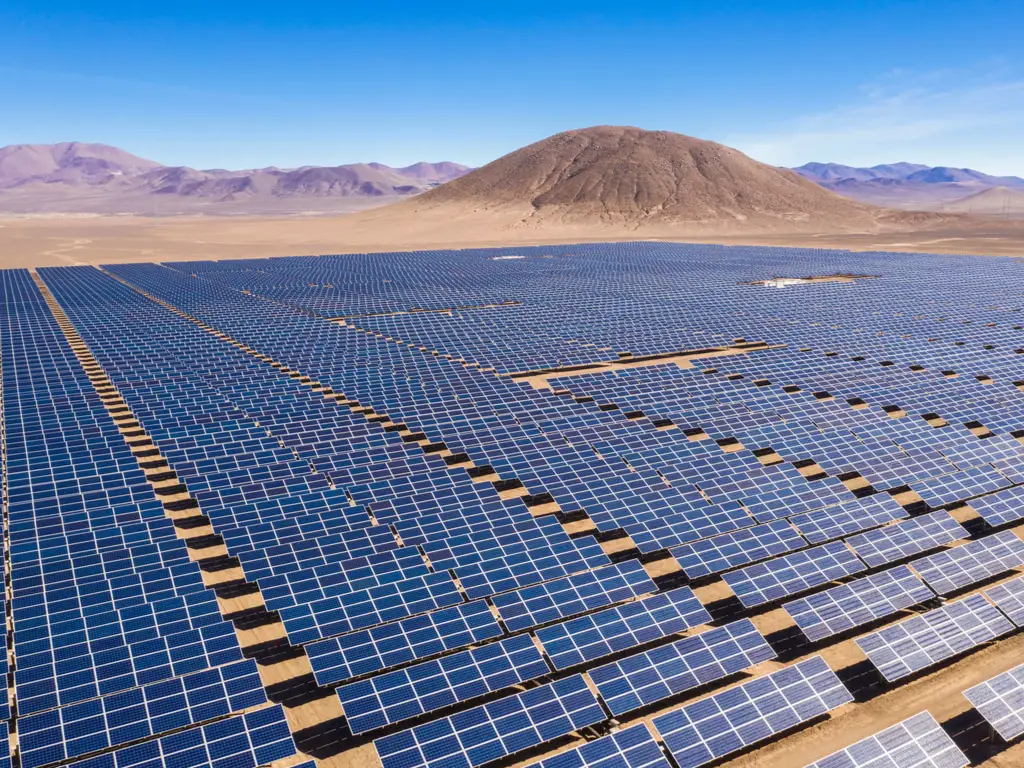The ground-breaking ceremony for the Khan solar plant in Namibia was recently presided over by officials from the state-owned Namibia Power Corporation (NamPower). Access Aussenkehr Solar One Namibia, an independent power producer (IPP), is developing the project.
Also Read: Construction of Africa’s Largest Rooftop Solar Power Plant at Cornubia Mall, South Africa, Underway
The ground-breaking ceremony was conducted on Tuesday, March 29, 2022, in the presence of Namibia Power Corporation executives. The project entails building a 20 MWp ground-mounted solar photovoltaic power plant. According to the state-owned power provider, the Khan solar project is a substantial contribution to the realization of NamPower’s capacity development, which is part of our integrated strategy and business plan. Access Aussenkehr Solar One Namibia is developing the project in the Usakos area. The independent power producer (IPP) established in Namibia will invest at least N$300 million (more than US$20.6 million).
Scope of the Khan Solar Photovoltaic Power Plant
HopSol has been awarded the construction (EPC) of Access Aussenkehr Solar’s solar project. The Windhoek, Namibia-based business will install 33,000 solar panels, 100 inverters, and accompanying equipment on a 16-hectare property under the terms of the deal. To optimize output, the facility will be outfitted with 67 single-axis trackers, which will allow the associated solar panels to track the sun’s passage from east to west. Khan’s electricity will be sold to NamPower under a 25-year power purchase agreement (PPA). The price of power per kWh has been fixed at $0.495. According to the project developer, the facility was supposed to be operational in 2022. The project follows Namibia’s energy policy, which calls for the country to produce 70% of its electricity from renewable sources.
Namibia generates 70% of its power from renewable sources, including solar, hydro, and wind, with a total installed capacity of 680 MW. According to Power Africa, the nation imports 60% of its power from South Africa via the Southern African Power Pool (SAPP). However, coal-fired power plants supply more than 80% of South Africa’s state-owned Eskom electrical network.

Leave a Reply